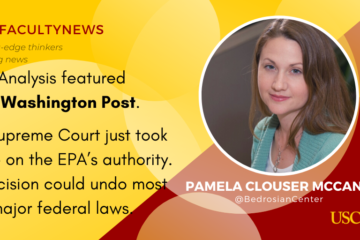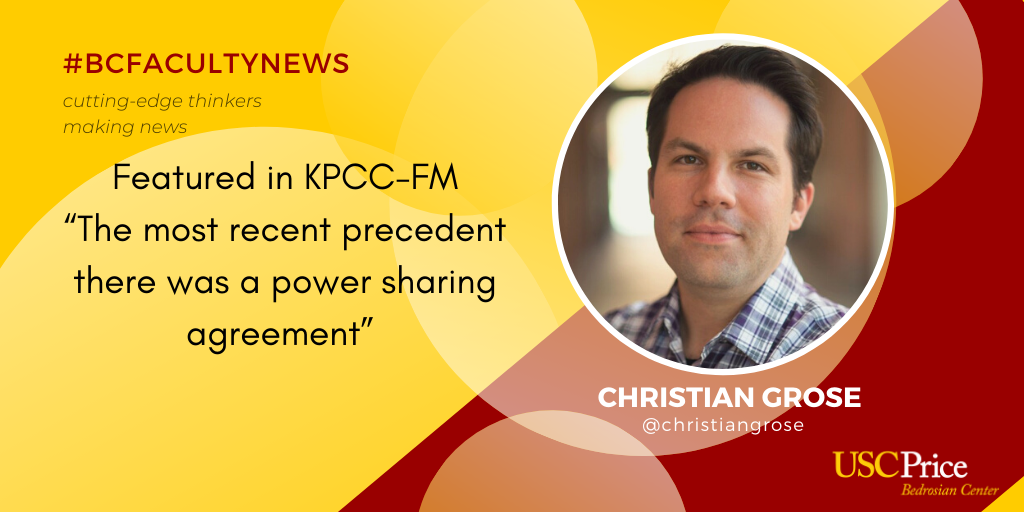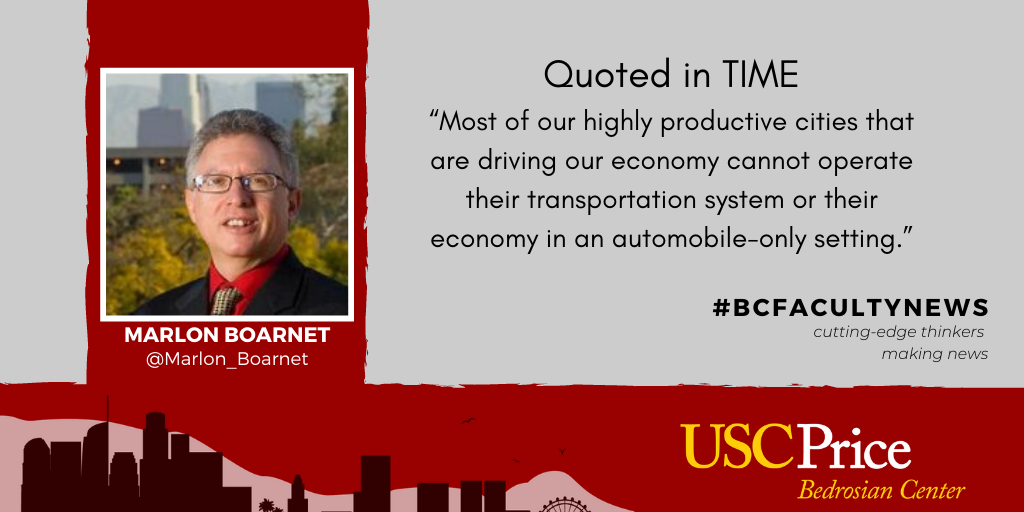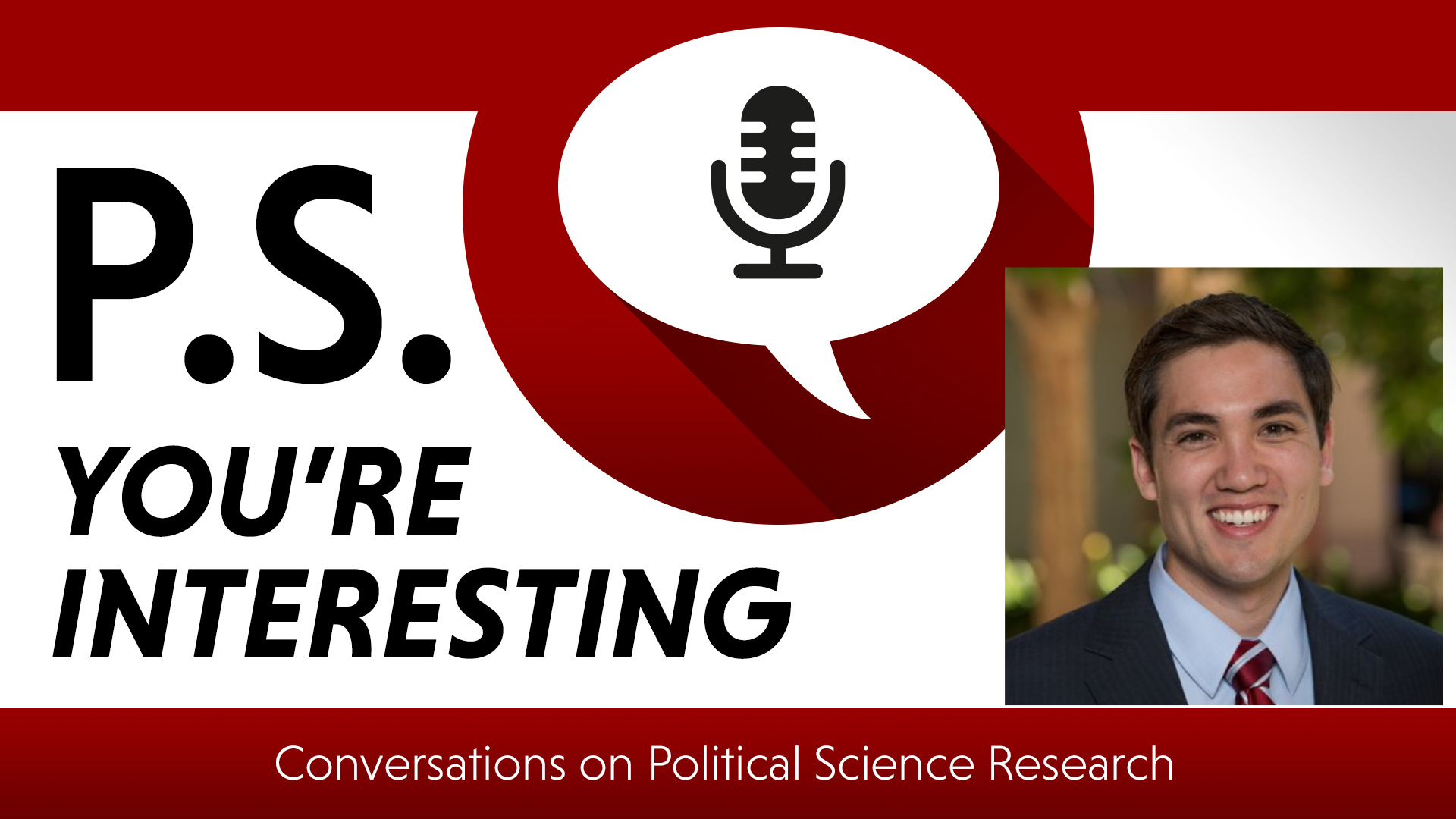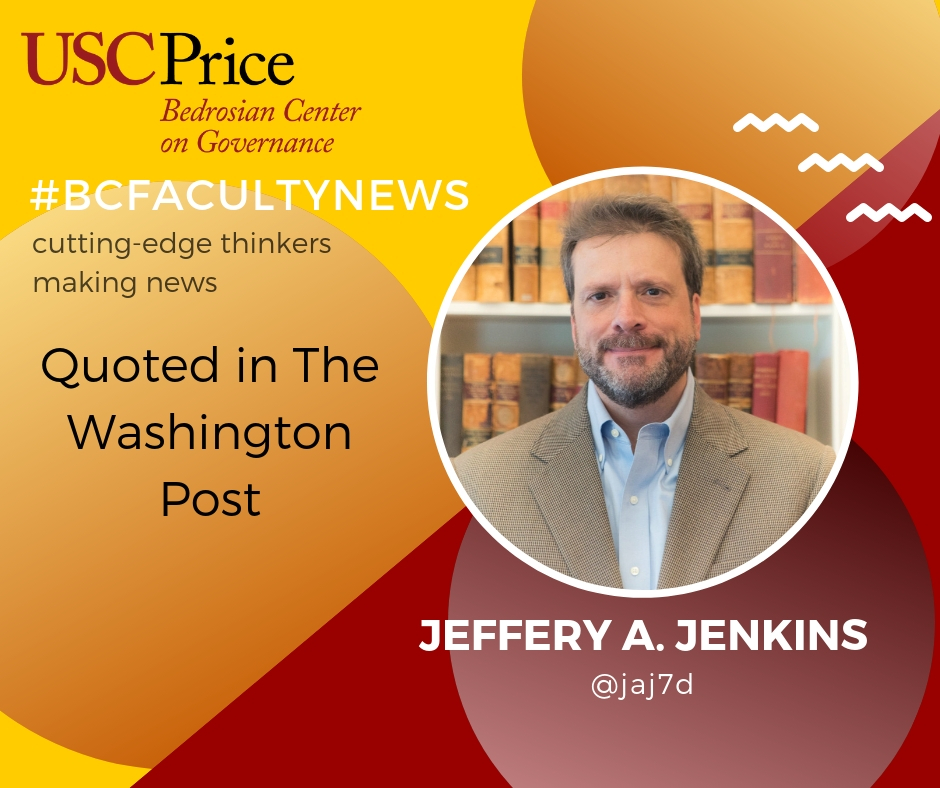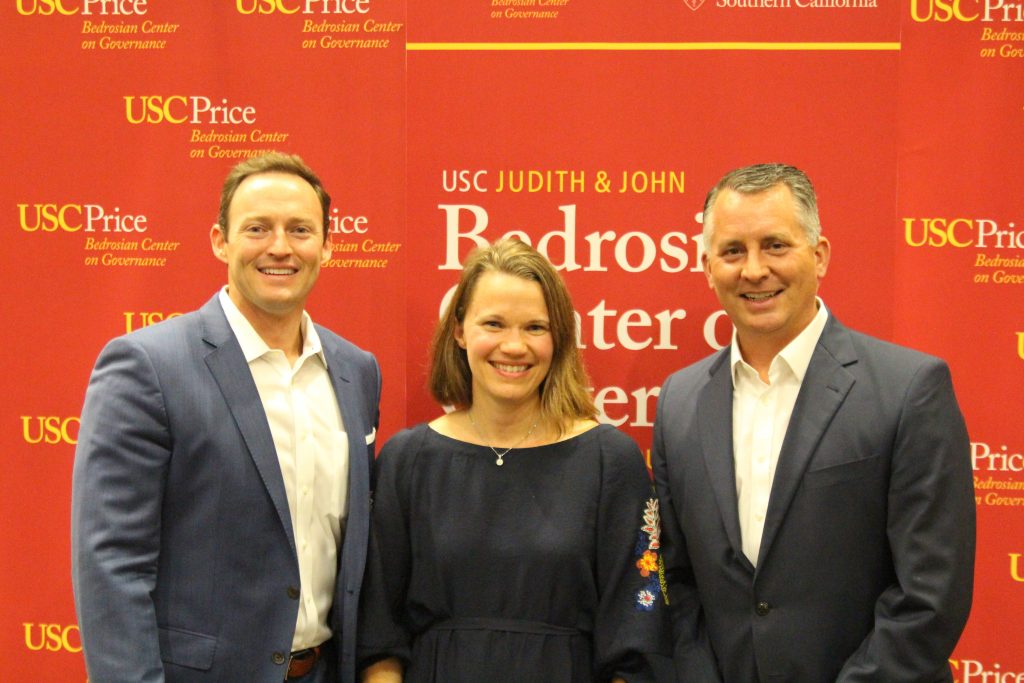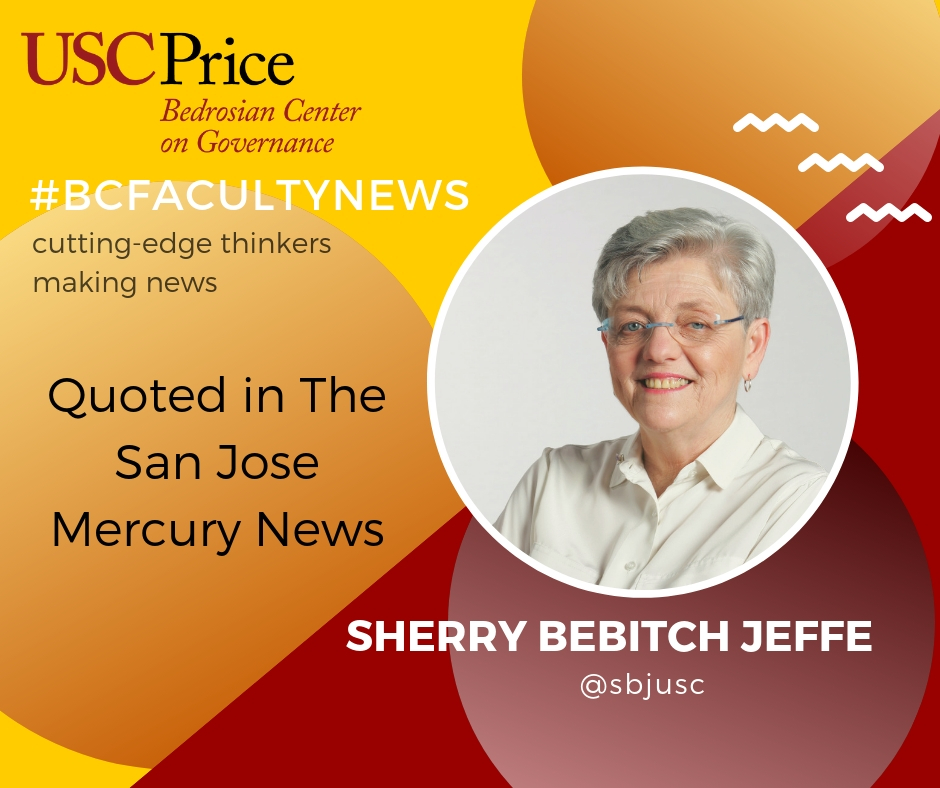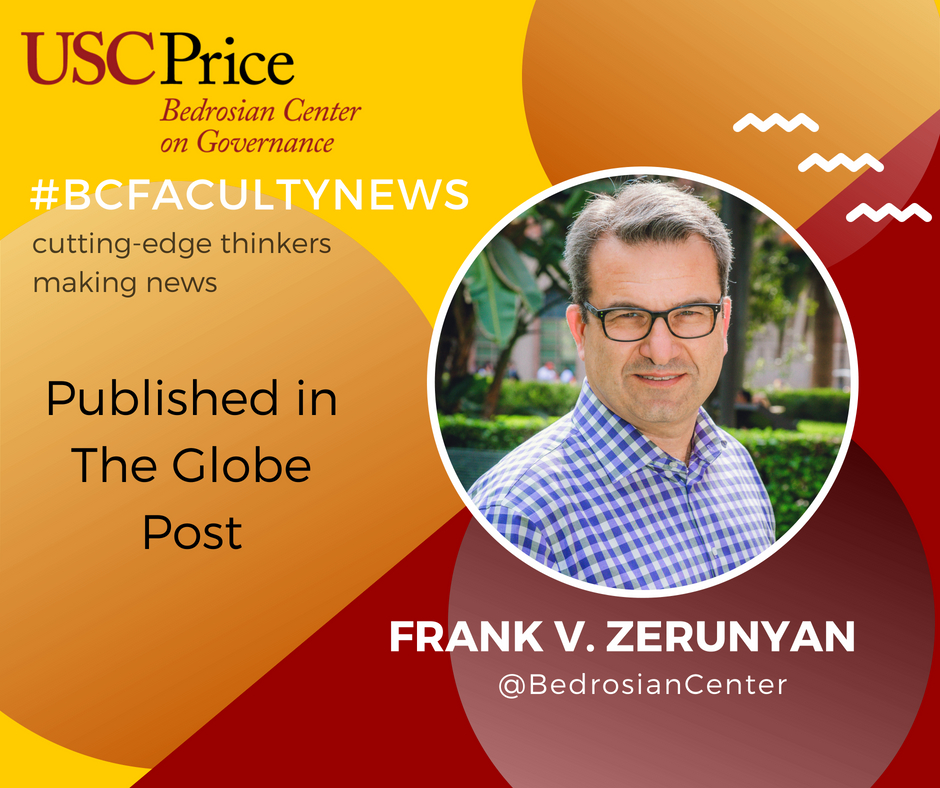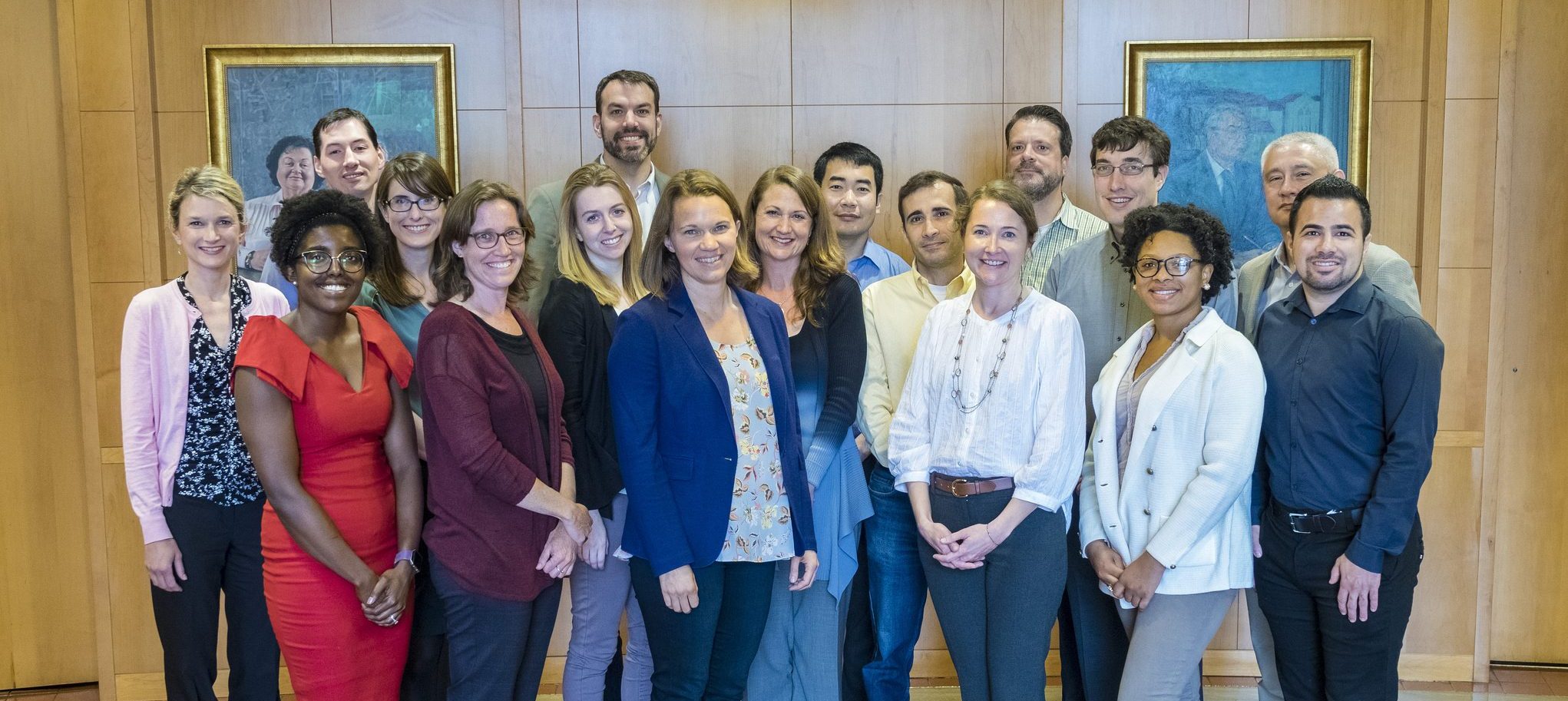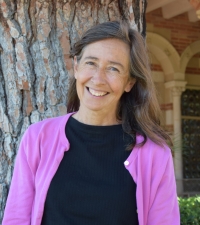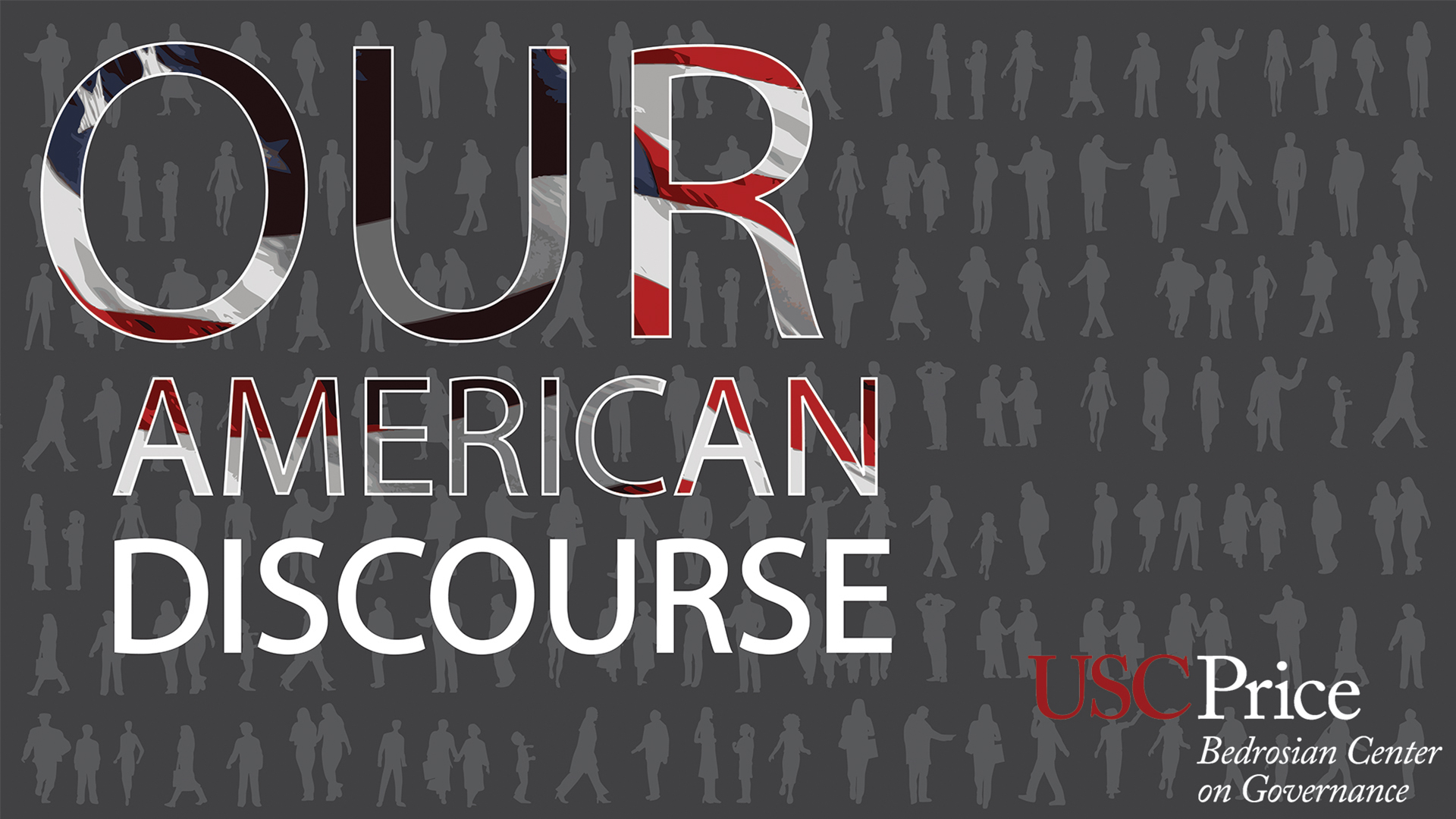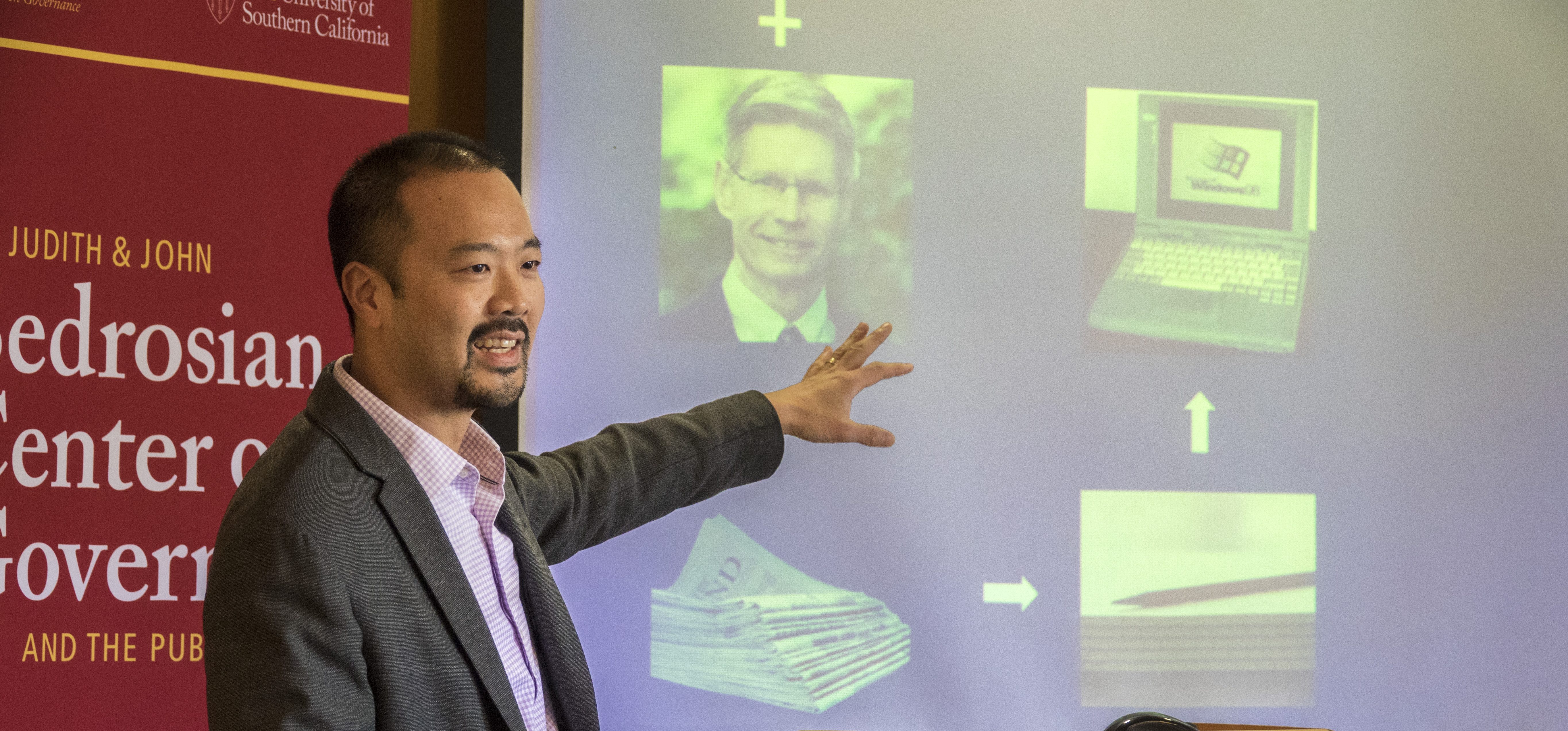The Supreme Court just took a case on the EPA’s authority. Its decision could undo most major federal laws.
Pamela Clouser McCann co-authored a piece written for the Washington Post‘s Monkey Cage policy analysis column. Our research finds that if the Supreme Court were to invalidate either the EPA’s authority or the vaccine mandate under this doctrine, it might unravel nearly every major law Congress has passed since World War Read more…

